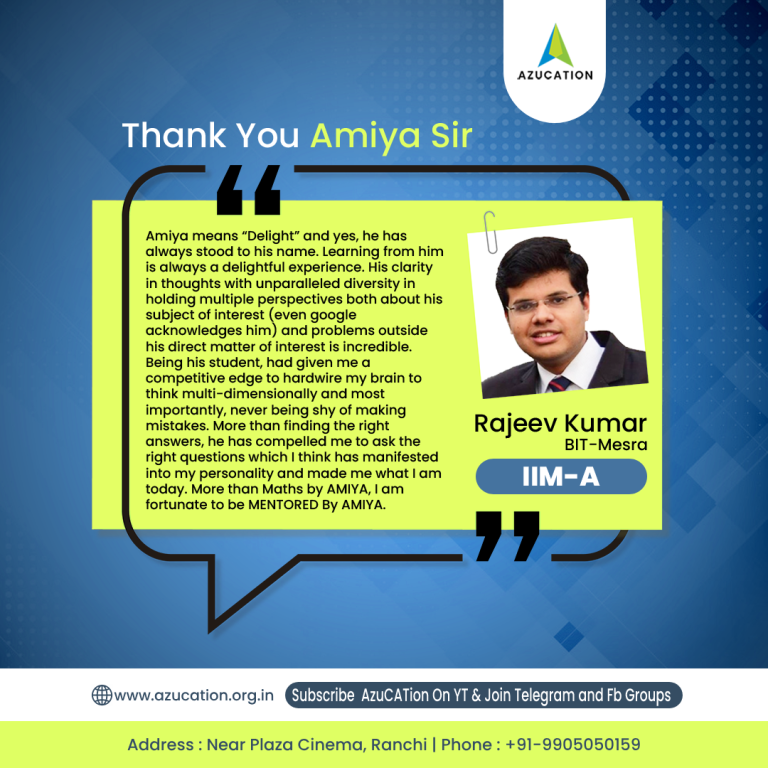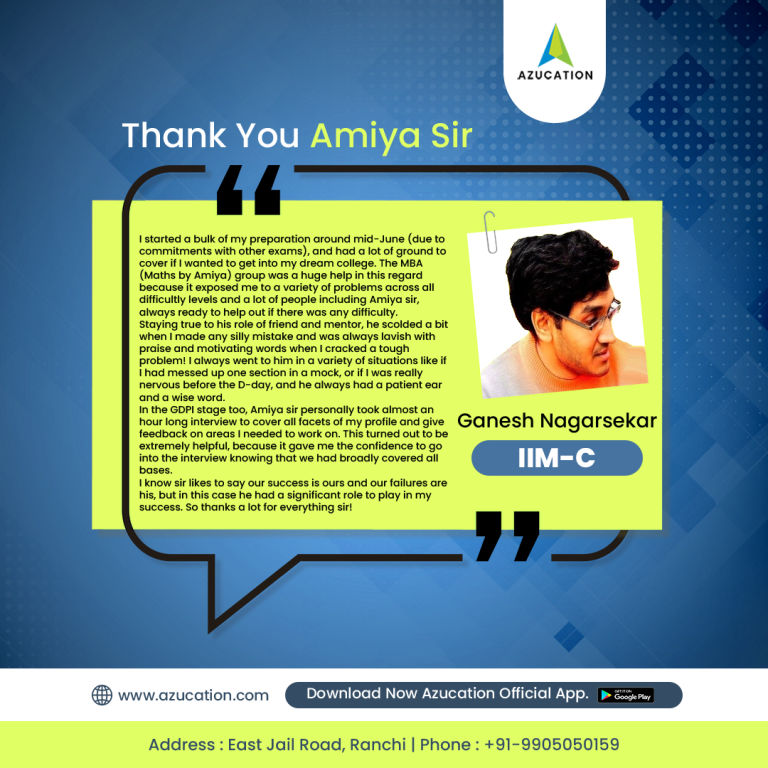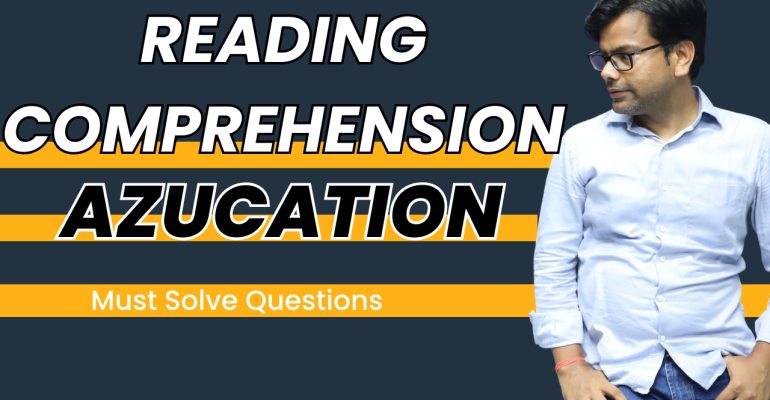Primary Orality & Philosophy
Time left: 15:00
Passage: Primary Orality & Philosophy
A poet, somewhere in Siberia, or the Balkans, or West Africa, 60,000 years ago, recites thousands of memorised lines in the course of an evening. The lines are packed with fixed epithets and clichés. The bard is not concerned with originality, but with intonation and delivery: he or she is perfectly attuned to the circumstances of the day, and to the mood and expectations of his or her listeners. The poet’s words would in no way have been anchored in visible signs, in text. Words had no worldly reality other than the sound made when they were spoken.
It is difficult to imagine how differently language would have been experienced in a culture of ‘primary orality’. There would be nowhere to ‘look up a word’, no authoritative source telling us the shape the word ‘actually’ takes. Say it over and over again, or it will slip away. This necessary condition of survival is important for understanding the relatively repetitive nature of epic poetry. In the absence of fixed, textual anchors for words, there would be a sharp sense that language is charged with power, almost magic: the idea that words, when spoken, can bring about new states of affairs in the world. They do not so much describe, as invoke.
Writing was developed, first in the ancient Near East and soon after in Greece. Words were now anchored and, though spellings could change from one generation to another, or one region to another, there were now physical traces that endured, which could be transmitted, consulted and pointed to in settling questions about the use or authority of spoken language.
Writing rapidly turned customs into laws, agreements into contracts, genealogical lore into history. What had once been fundamentally temporal and singular was transformed into something eternal (as in, ‘outside of time’) and general. Even the simple act of making everyday lists of common objects - an act impossible in a primary oral culture - was already a triumph of abstraction and systematisation. From here it was just one small step to ‘philosophy’.
Homer’s epic poetry, which originates in the same oral epic traditions as those of the Balkans or of West Africa, was written down, frozen, fixed, and from this it became ‘literature’. There are no arguments in the Iliad: much of what is said arises from metrical exigencies, the need to fill in a line with the right number of syllables, or from epithets whose function is largely mnemonic (and thus unnecessary when transferred into writing). Yet Homer would become an authority for early philosophers nonetheless: revealing truths about humanity not by argument or debate, but by declamation, now frozen into text.
Plato would express extreme concern about the role, if any, that poets should play in society. But he was not talking about poets as we think of them: he had in mind reciters, bards who incite emotions with living performances, invocations and channellings of absent persons and beings. It is not orality that philosophy rejects, necessarily: Socrates himself rejected writing. Plato would also ensure the philosophical canonisation of his own mentor by writing down what Socrates would have preferred to merely say, and so would have preferred to have lost to the wind. Arguably, it is in virtue of Plato’s recording that we might say, today, that Socrates was a philosopher.
Plato and Aristotle, both, were willing to learn from Homer, once he had been written down. And Socrates, though Plato still felt he had to write him down, was already engaged in a sort of activity very different from poetic recitation. This was dialectic: the structured, working-through of a question towards an end that has not been predetermined - even if this practice emerged indirectly from forms of reasoning only actualised with the advent of writing.
A poet, somewhere in Siberia, or the Balkans, or West Africa, 60,000 years ago, recites thousands of memorised lines in the course of an evening. The lines are packed with fixed epithets and clichés. The bard is not concerned with originality, but with intonation and delivery: he or she is perfectly attuned to the circumstances of the day, and to the mood and expectations of his or her listeners. The poet’s words would in no way have been anchored in visible signs, in text. Words had no worldly reality other than the sound made when they were spoken.
It is difficult to imagine how differently language would have been experienced in a culture of ‘primary orality’. There would be nowhere to ‘look up a word’, no authoritative source telling us the shape the word ‘actually’ takes. Say it over and over again, or it will slip away. This necessary condition of survival is important for understanding the relatively repetitive nature of epic poetry. In the absence of fixed, textual anchors for words, there would be a sharp sense that language is charged with power, almost magic: the idea that words, when spoken, can bring about new states of affairs in the world. They do not so much describe, as invoke.
Writing was developed, first in the ancient Near East and soon after in Greece. Words were now anchored and, though spellings could change from one generation to another, or one region to another, there were now physical traces that endured, which could be transmitted, consulted and pointed to in settling questions about the use or authority of spoken language.
Writing rapidly turned customs into laws, agreements into contracts, genealogical lore into history. What had once been fundamentally temporal and singular was transformed into something eternal (as in, ‘outside of time’) and general. Even the simple act of making everyday lists of common objects - an act impossible in a primary oral culture - was already a triumph of abstraction and systematisation. From here it was just one small step to ‘philosophy’.
Homer’s epic poetry, which originates in the same oral epic traditions as those of the Balkans or of West Africa, was written down, frozen, fixed, and from this it became ‘literature’. There are no arguments in the Iliad: much of what is said arises from metrical exigencies, the need to fill in a line with the right number of syllables, or from epithets whose function is largely mnemonic (and thus unnecessary when transferred into writing). Yet Homer would become an authority for early philosophers nonetheless: revealing truths about humanity not by argument or debate, but by declamation, now frozen into text.
Plato would express extreme concern about the role, if any, that poets should play in society. But he was not talking about poets as we think of them: he had in mind reciters, bards who incite emotions with living performances, invocations and channellings of absent persons and beings. It is not orality that philosophy rejects, necessarily: Socrates himself rejected writing. Plato would also ensure the philosophical canonisation of his own mentor by writing down what Socrates would have preferred to merely say, and so would have preferred to have lost to the wind. Arguably, it is in virtue of Plato’s recording that we might say, today, that Socrates was a philosopher.
Plato and Aristotle, both, were willing to learn from Homer, once he had been written down. And Socrates, though Plato still felt he had to write him down, was already engaged in a sort of activity very different from poetic recitation. This was dialectic: the structured, working-through of a question towards an end that has not been predetermined - even if this practice emerged indirectly from forms of reasoning only actualised with the advent of writing.
🙏 If these questions helped you, please leave a short review →
Click Here
🔔 Subscribe to 🎥 AzuCATion for all video solutions.
Click Here























1 2




